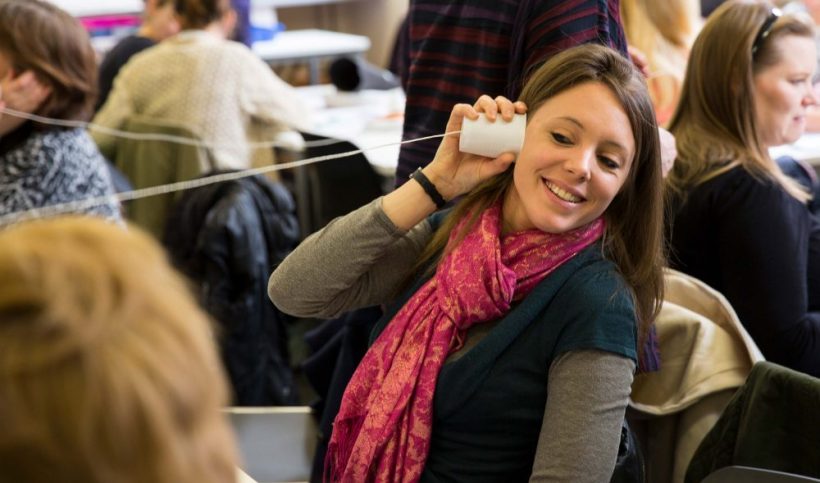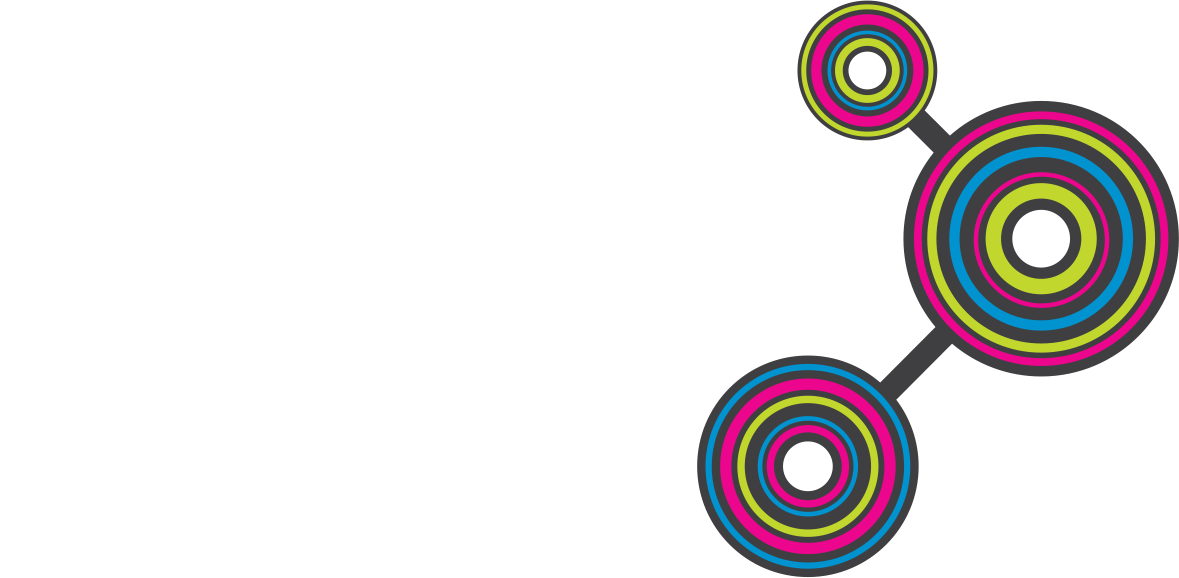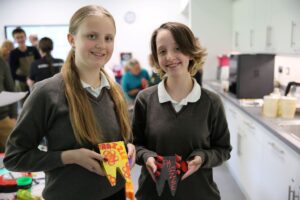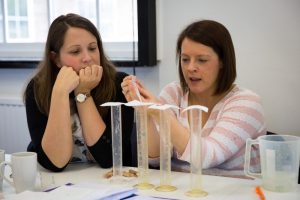Thinking, Doing, Talking Science trial results published
Friday 14th December 2018

Evaluation of the latest trial of our flagship professional development programme in science teaching – Thinking, Doing, Talking Science (TDTS) – has shown that pupils’ interest in, and self-efficacy towards, science increased on average. TDTS made a small impact on progress among children eligible for school meals although there was no apparent impact across the whole sample when the programme was tested at scale.
TDTS is a training programme for teachers that supports them to make science lessons in primary schools more practical, creative and challenging – with a focus on the development of higher order thinking skills. Science Oxford runs TDTS in partnership with Oxford Brookes University and the research project to develop, deliver and test its effectiveness has been supported by the Education Endowment Foundation (EEF), who announced their findings of the trial today.
The trial looked at whether the TDTS approach to teaching science would improve Year 5 science outcomes by making science lessons more effective. It involved 205 schools and almost 9,000 pupils. The EEF commissioned this evaluation after findings from an earlier, smaller trial suggested that the TDTS approach had a positive impact on science attainment equivalent to an additional three months’ progress. In this larger trial – adapted to enable it to be delivered at scale – the independent evaluators (from the American Institutes for Research) found no evidence of an impact on pupils’ science attainment on average, but did see small additional progression amongst children who have free school meals.
The EEF report classifies TDTS as a low-cost intervention and finds “the available evidence indicates that the programme can be implemented at scale through a train-the-trainers model, that it is valued by teachers exposed to the programme, and it changes their teaching practices in a manner consistent with the hypothesis.”
Catherine Aldridge, programme lead for TDTS at Science Oxford, said, “There are lots of positives to be taken from these results. We see far-reaching, lasting impacts on teachers and pupils in the schools we have been working with in the trials and through subsequent programmes. The plan now is to look at how we can continue to scale the programme so that all of the positive impacts achieved in the initial trial, including attainment, reach more pupils. Details of our offer will be available in the new year.”
Visit here for more information on the TDTS project.




